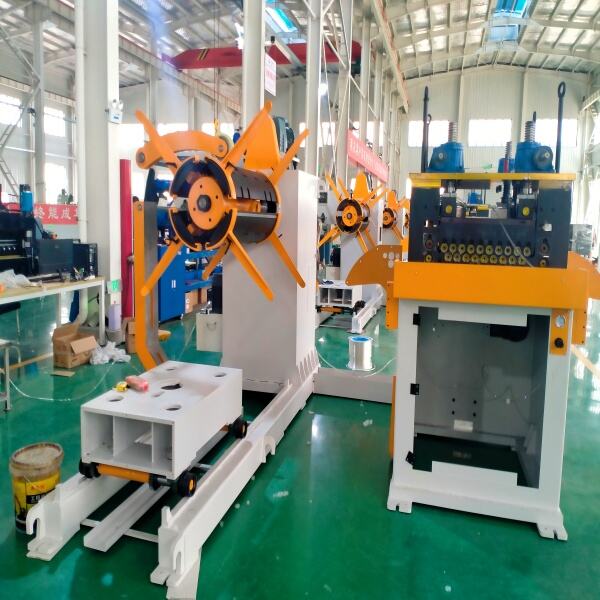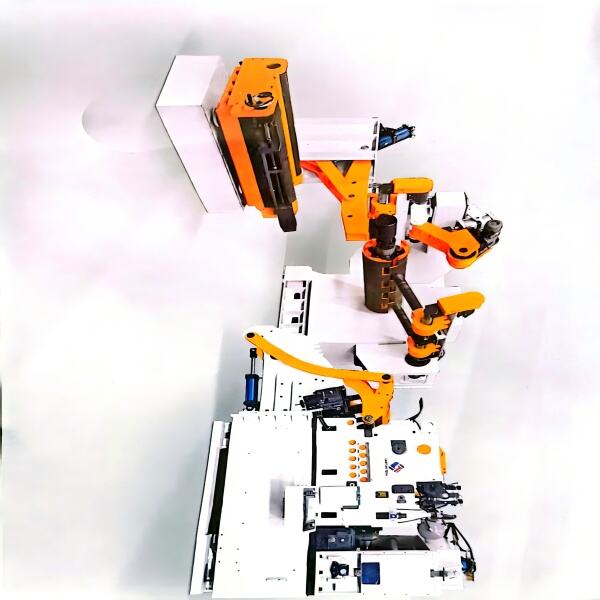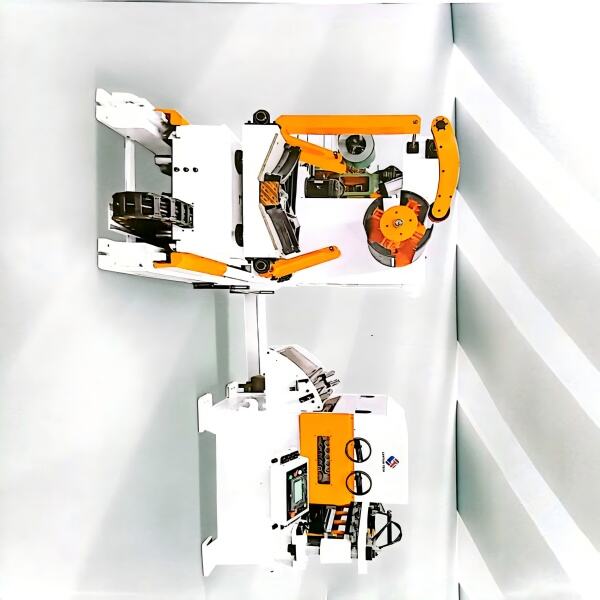leveling machine price
When considering leveling machine pricing, it's essential to understand the comprehensive value these precision instruments offer. Modern leveling machines typically range from $5,000 to $50,000, depending on their capabilities and specifications. These machines are integral in metalworking processes, featuring advanced technology for flattening and straightening various metal materials. The price point reflects several factors, including processing width capacity, thickness range, leveling accuracy, and automation level. Entry-level machines suitable for small workshops start at the lower end of the price spectrum, while industrial-grade equipment with enhanced features commands premium prices. The cost typically includes essential components such as multiple leveling rolls, precision control systems, and drive mechanisms. High-end models often incorporate digital controls, automated material handling systems, and sophisticated measurement capabilities. The price also factors in durability, with robust construction using hardened steel rolls and heavy-duty frameworks designed for continuous operation. Additionally, many manufacturers offer customization options, preventive maintenance packages, and operator training, which can influence the final price.


